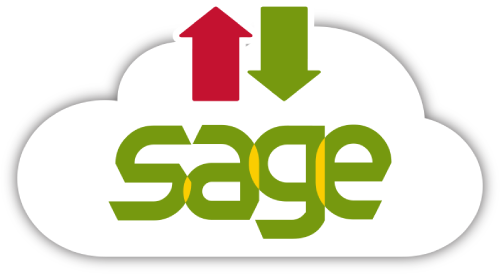The goal of widely available and utilized HIV testing services can be pursued in many ways. At the federal level and in some provinces, governments in Canada state their commitment to human rights-based responses to HIV/AIDS. This not only means ensuring access to HIV testing as part of protecting and promoting the right to health, it also means that the embodiment of human rights principles and protections is, or should be, at the heart of all policy decisions related to HIV testing.
In this paper, we examine developments in Canada and human rights concerns that are raised by them. In particular, we examine human rights implications of both “opt-out” or “routine” HIV testing of pregnant women, and the use of rapid HIV tests. We present some conclusions and recommendations about ways to increase access to HIV testing that respect, protect and fulfill human rights.
